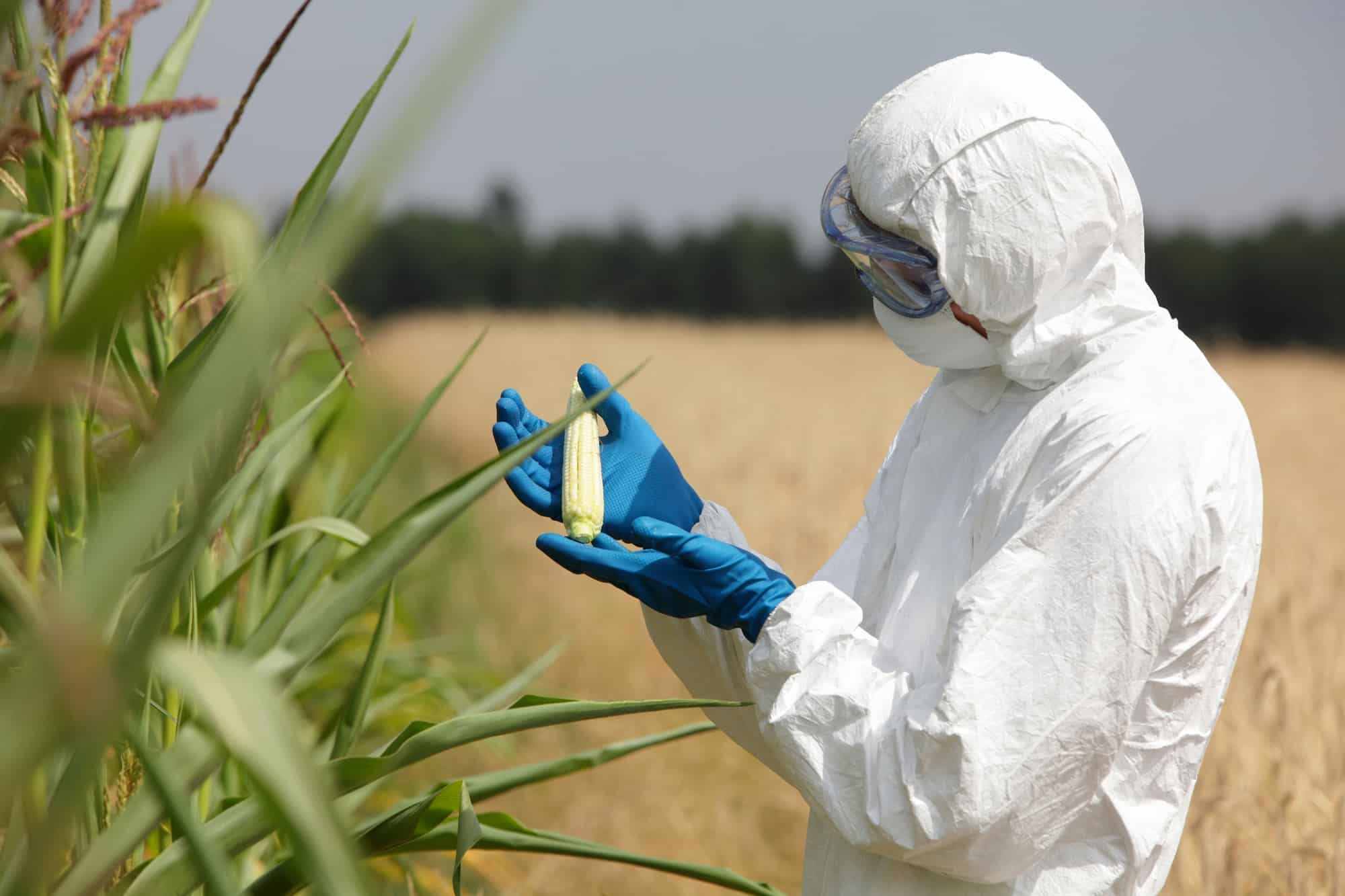Before you can bite into your favourite self-grown fruit, the critters in your garden would have beat you to it.
Scientists, therefore, have now developed plants that could kill or sterilise insects by disrupting their gene expression.
Chemical pesticides raise concerns over insect resistance, collateral environmental damage, and human exposure risks. Attributable to which transgenic methods are becoming an attractive option for future pest control. For instance, certain strains of corn and cotton have been modified to produce protein toxins from the bacterium Bacillus thuringiensis (Bt) that poison certain worms, beetles, and moths.
RNA interference is an innate quality that a plant possesses which enables it to “turn off” one or more of their genes to block protein translation. The researchers at the Max Planck Institute of Molecular Plant Physiology in Germany, are now weaponizing this very process by engineering crops to produce specific RNA fragments which upon ingestion by insects, could initiate RNA interference to shut down a target gene essential for life or reproduction in the bug.
“RNA interference-based pest control can provide protection at essentially no cost because once the variety is developed, the plant can just go on using it instead of needing additional applications of insecticide,” says co-senior author Ralph Bock, a director at the Max Planck Institute of Molecular Plant Physiology in Germany.
An RNA interference strategy could also address environmental and human toxicity questions around chemical pesticides. “When we target a key pest with RNA interference technology, what we are really hoping for is to see a big reduction in overall insecticide use,” says co-senior author David Heckel, a director at the Max Planck Institute of Chemical Ecology.
“The objections to transgenic proteins involve concerns about their possible toxicity or allergenicity to humans, but with the RNA interference strategy there’s no protein that is made, just some extra RNA,” Bock says.
Bock and Heckel both expect RNA interference technology to be roughly 6 to 7 years away from the field, but are optimistic about its potential to change the debate around GMO technology in agriculture. “The Colorado potato beetle is almost worldwide now, even reaching into China,” Heckel says. “With such a spread of a main pest that’s resistant to insecticides, there’s a good case for the development of a transgenic potato to try to halt that trend, and hopefully it will demonstrate enough advantages to overcome the opposition to any and all genetic modifications in crops.”
It is indeed way too early to make claims about the safety of the technique, thereby also meaning that it is too early to conclude that the ability to cause RNA interference is any more dangerous than current genetic modifications of food crops.























